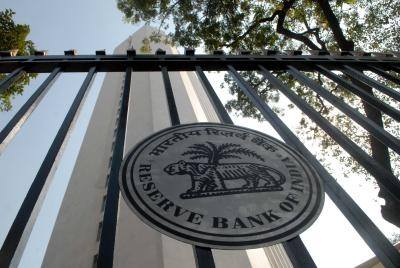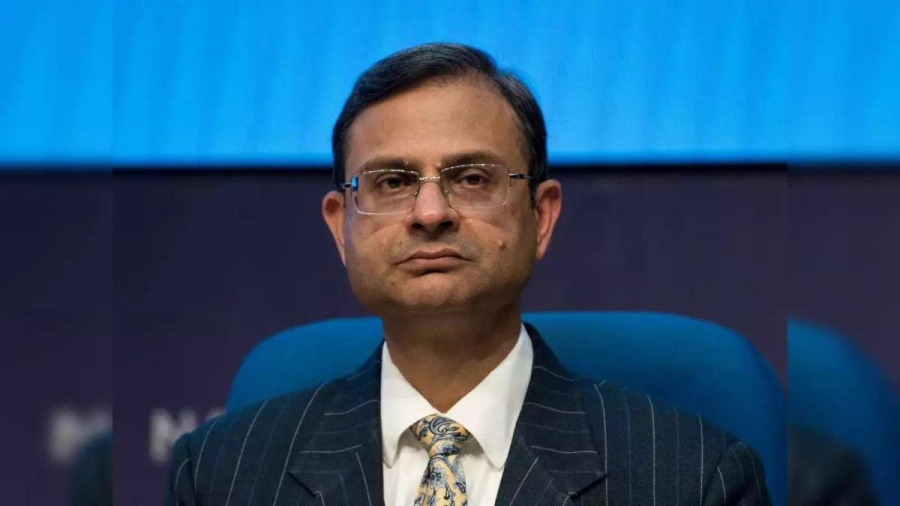The move is aimed at attracting more foreign capital at a time when the Indian rupee has come under pressure as foreign investors have been pulling money out of the Indian stock markets…reports Asian Lite News
The RBI on Friday increased the interest rate ceilings on Foreign Currency Non-Resident Bank deposits or FCNR (B) deposits which will enable NRIs to earn more on their savings.
The move is aimed at attracting more foreign capital at a time when the Indian rupee has come under pressure as foreign investors have been pulling money out of the Indian stock markets resulting in hot money outflows.
FCNR(B) deposits are accounts where Non-Resident Indians (NRIs) can hold their earnings in foreign currencies like USD or GBP, protecting them from exchange rate fluctuations.

“In order to attract more capital inflows, RBI has decided to increase the interest rate ceilings on FCNR (B) deposits. Accordingly, with effect from today (December 6, 2024), banks are permitted to raise fresh FCNR(B) deposits of 1 year to less than 3 years maturity at rates not exceeding ARR plus 400 bps and deposits with maturity between 3 to 5 years at rates not exceeding ARR plus 500 bps. This relaxation will be available till March 31, 2025,” an RBI statement said.
Until now, interest rates on Foreign Currency Non-Resident Bank (FCNR(B)) deposits were subject to ceilings of Overnight Alternative Reference Rate (ARR) for the respective currency/swap, plus 250 basis points for deposits of 1 year to less than 3 years maturity and overnight ARR plus 350 basis points for deposits of 3 years and above and up to 5 years maturity, according to an RBI statement.
Banks have now been allowed to offer higher interest across the tenors.

The RBI has also decided to move ahead with the introduction of the Secured Overnight Rupee Rate (SORR), a benchmark based on the secured money markets.
Financial Benchmarks India Ltd (FBIL) is being requested to take the proposal forward.
The proposal is being taken up in line with the recommendation of the RBI’s Committee on the MIBOR Benchmark.
The Reserve Bank had set up the Committee on the MIBOR Benchmark headed by Ramanathan Subramanian to review the rupee interest rate benchmarks in the country, especially the usage of Mumbai Interbank Outright Rate (MIBOR), and to examine the need for transition to new benchmarks. The Committee recommended several important measures to further develop the interest rate derivative market and improve the credibility of interest rate benchmarks. The Report of the Committee was published on the RBI’s website inviting comments from members of the public. The Reserve Bank has examined the recommendations of the Committee as well as the feedback received.
“The other recommendations of the Committee are under consideration,” the RBI statement said.














